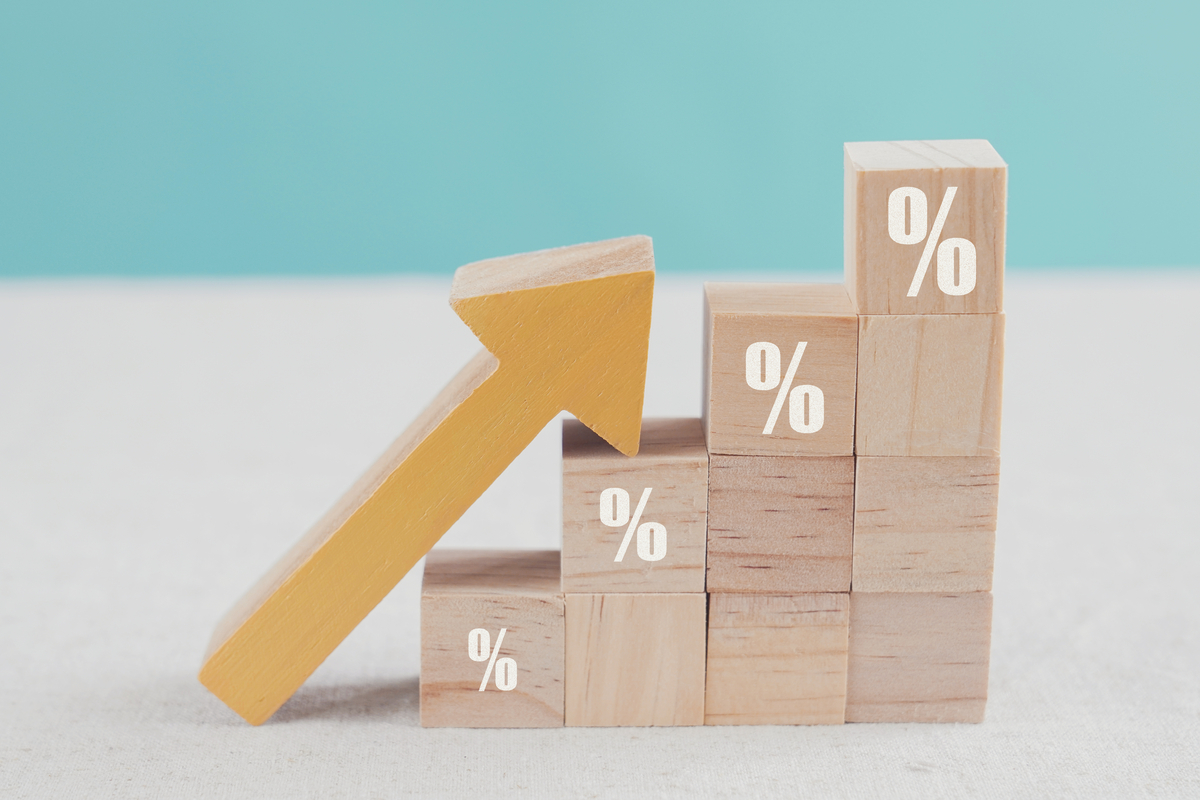Dear visitor,
You're reading 1 of your 3 free news articles this quarter
Register with us for free to get unlimited news, dedicated newsletters, and access to 5 exclusive Premium articles designed to help you stay in the know.
Join the UK's leading credit and lending community in less than 60 seconds.
Inflation unexpectedly jumped to 10.4% in February
According to the Office for National Statistics, UK inflation jumped to 10.4% from 10.1% in February, despite projections forecasting a drop.

The ONS says that the largest contribution (upwards) to inflation came from household services such as electricity and gas, as well as food and non-alcoholic beverages.
Economists had previously forecast a drop to 9.9%, while the Office for Budget Responsibility predicted that inflation would fall to 2.9% by the end of the year, roughly in line with the Bank of England’s target of 2%.
This surge in inflation means that UK real wages are still falling, total pay rose by 5.7% per year in the year to January; Compared to an inflation rate of 10.4%, British workers’ pay is failing to keep up with the rising cost of living.
Speculation will be abounded regarding the Bank of England’s Monetary Policy Committee’s upcoming meeting, many expect the base rate to rise, while some are offering more cautious predictions.
Commenting on UK CPI surprise jump to 10.4%, Richard Lane, director of external affairs, StepChange Debt Charity, commented: “Today’s rise in inflation, driven by sky-high fuel and food prices, is the latest in a succession of body blows to household finances. More than a year on from the start of the cost of living crisis, our latest figures have found that one in six people has £20 or less to live on every month after paying for bills and essentials. Meanwhile, one in three new StepChange clients is in a negative budget, meaning that, after a debt advice session and budget counselling, their expenses exceed their income
“Government must look at the whole picture and recognise the scale of this issue which is rapidly turning into a debt crisis. Those on low incomes are going to receive extended support with energy bills and childcare, however, they can still face punitive deductions from benefits to repay debts. Then there are those households who fall through the gaps, not eligible for government help, but still struggling to cover their living costs. Many people will have built up substantial energy arrears over the past 12 months, which ought to be written off if they cannot afford to pay.”
Stay up-to-date with the latest articles from the Credit Strategy team
Get the latest industry news






